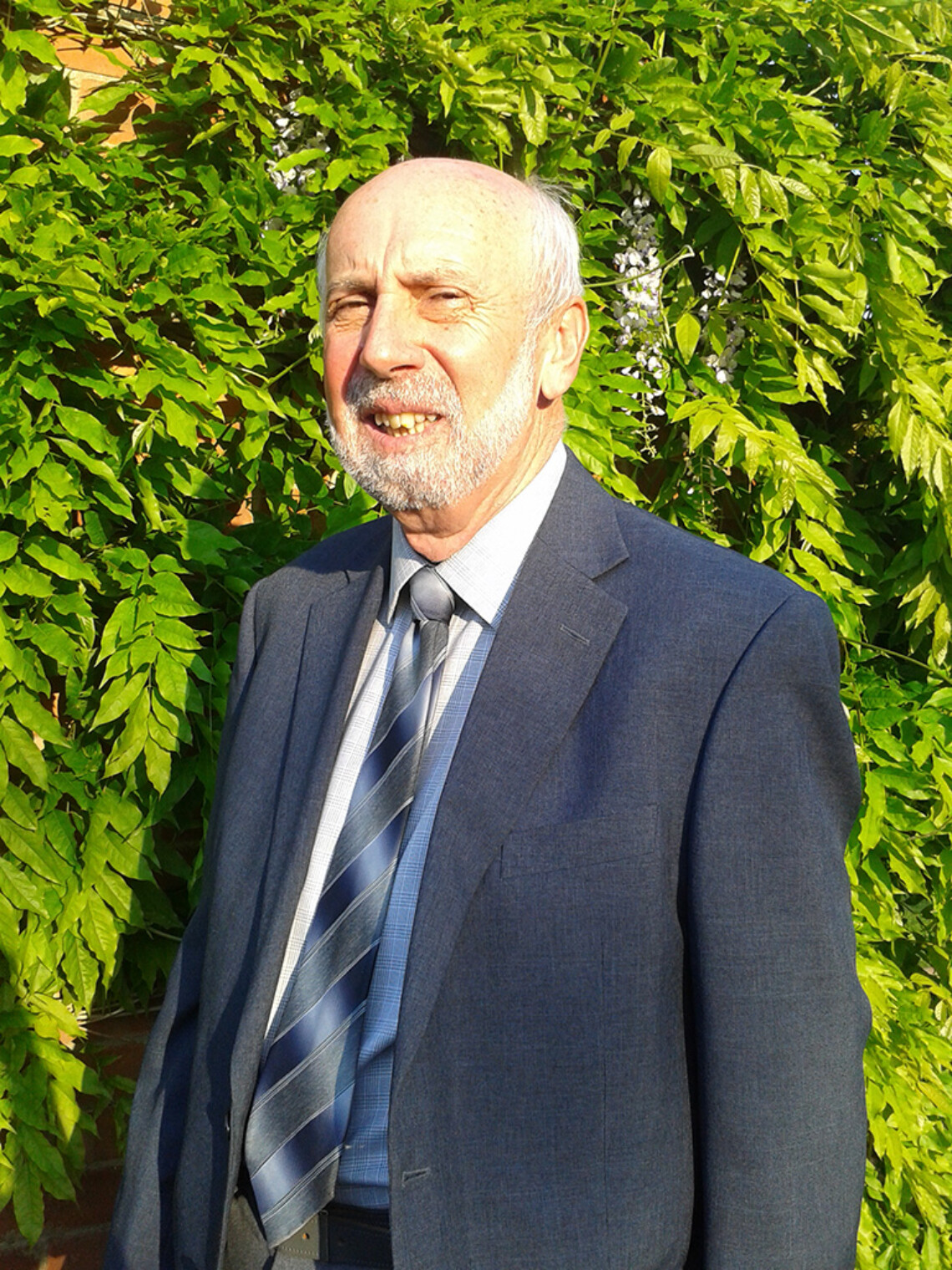- Life After Cancer
- Survivor Stories
- Chris Elkington
Chris Elkington
When you have a shock like that, every day is a good day and my gratitude to the NHS and the team of dentists, doctors, nurses and surgeons cannot be measured.

Five years ago, in August 2011, I was diagnosed with chondrosarcoma in my lower jaw. I was leading an active life and had a fulfilling job which I enjoyed. At the time I had no idea there was a problem. I had visited my dentist for a routine check-up in March 2011 when he noticed an abnormality on the jaw below my bottom teeth. He decided to refer me to Lincoln County Hospital for the specialists to take a closer look and biopsy. At the time of diagnosis, I didn’t fully understand the impact of the disease.
After a frank discussion with my GP, I eventually recognised the severity of the diagnosis and panic set in. I applied for ill-health retirement from work, which was approved by the occupational health team within a week—this in itself was concerning—and, taking the advice of my GP, I began to put my affairs in order. A month later I was referred to Mr. Sat Parmar, Consultant Oral & Maxillofacial Surgeon, at Queen Elizabeth Hospital Birmingham, who offered me the opportunity to undergo a new surgical procedure. He explained there were no guarantees, and if I were to survive the operation there was no certainty that my speech would return and eating may become an issue, as well as a number of other potential side effects. That being said, in my mind it was a no brainer—it was death or take a chance. My GP suggested that I write a blog to help me cope with my situation and I desperately tried to improve my fitness, as I knew I was in for a torrid time.
After a number of trips to Birmingham to ensure I was suitable for the operation, I was finally given the go ahead, and on Sunday, October 16 2011, the operation took place. I walked from the ward to the theatre as I thought this may be the last time I ever walked again. I started the operation but I have no recollection of that day and little of the next day. The operation took around 10 hours. The whole of my lower jaw was removed and was replaced by a section of bone taken from my fibula complete with a vein. This bone was broken into three pieces, fixed to a titanium frame and attached to the remaining sections of my upper jaw to become my new lower jaw. The vein was attached to existing veins to provide a blood flow to my new jaw.
I remained in hospital for a couple of weeks until such time as Mr. Parmar considered that the operation was successful and I could prove that I could walk reasonably, including an ascent of stairs (despite the fact that I live in a bungalow). Thereafter, my wife (who became my driver for many months) and I returned to Birmingham on an almost weekly basis to ensure that the procedure had settled, and the local district nurses called in daily to re-dress my leg as healing of the wound took several months.
A year after my first operation I went back for my second, and six steel pillars were inserted and fitted into my new jaw. Six months after the last surgery, a surgeon from the Birmingham Dental Hospital built a bridge with a set of teeth to fit onto the pillars. After my surgeries I was determined to get back to my life as much as possible, and gradually, as my wounds healed and my fitness improved, I succeeded. My speech is now almost perfect, I can eat almost anything and my self-confidence has returned. I do not need to work, but I can do whatever I want. I live a very active life including playing golf, watching football, umpiring cricket and skiing (to prove that loss of bone can be overcome), just to name a few, and I also spend as much time as I can with my family. I am the Chairman of my local Parish Council once again and give occasional speeches, and we go on holiday several times a year, so life is good!
When you have a shock like that, every day is a good day and my gratitude to the NHS and the team of dentists, doctors, nurses and surgeons cannot be measured.














